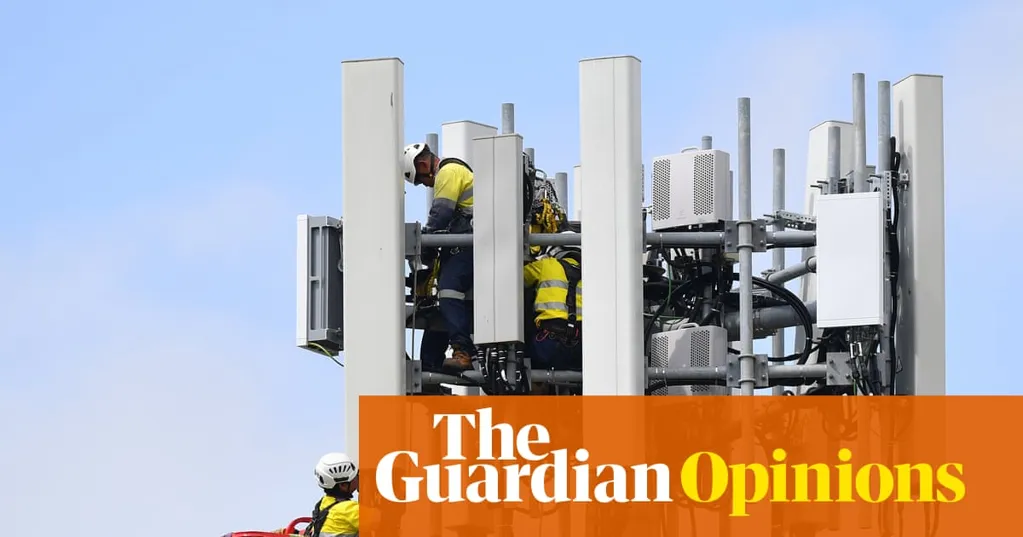It's up to telcos like Optus to ensure our emergency system works, but so far the only word you could use to describe our mobile signal is 'intermittent'
For the first time since black summer, I unpacked our sizeable bushfire evacuation bag in the middle of winter, hoping that wet conditions meant there'd be no need to use it. At last the load of bottled water, photo albums, protective clothing and bolt cutters (to get through fences if we need to escape cross-country) wasn't in the way every time I lost my slippers behind the bedroom door.
Spring was still cool and wet when my partner, Richard, and I heard about the interstate triple-zero outages. When the news came of regional New South Wales residents also being left without a way to raise emergency services, our region was experiencing the heat and wind that usually heralds the threat of fast-moving bushfires.
It was enough to get me off the couch to renew our evacuation plan and repack that bag, and a prescient reminder of the unseasonal dry spell we experienced in far northern inland NSW during October 2023, when fires raged across parched landscapes from northern New England to Queensland's Darling Downs.
This year the Hazards Near Me app on my phone has been trilling for a couple of weeks. I have it set to alert me to whatever's going on within a 50km radius. But the system is only ever as effective as mobile signal allows.
Signs encouraging us to call in fires via triple zero have been up on the roadsides of this district for years but, when I noticed one this week, I had to smirk. For months we've received regular texts from Telstra about maintenance on the mobile tower that is meant to supply the signal that allows us to use our phones at home.
Still fresh in our minds was the outage of Telstra services in nearby Uralla for eight days in March 2022. Apart from the profound impact on local businesses, that failure stopped Rural Fire Service members getting emergency notifications and cut access to triple zero for at least one household.
All the upgrades and repairs would be welcome if the signal improved but the only word to describe coverage is "intermittent" - and that's being generous.
The pieces of this bushfire early-warning system are in place: signs, apps, mobile towers and the devices in our hands. What's missing is reliable service and the telco outage fiasco only makes me even happier that I stopped relying solely on technology to keep my family safe.
A few months after Richard and I moved to our rural home from suburban Brisbane, he rushed in the door from work with the announcement of a fire less than a kilometre from our yard. That was autumn 2018 and the only indication was a great, silent plume of smoke rising outside the windows of my office that I simply hadn't noticed.
Startled at how easy it would be to be surprised by a fire, I took to watching the skies. The conditions that brought on the worst drought in living memory were already settling in and, when I spotted smoke above nearby hills months later, I hesitated, suspecting that someone was just burning off. Not wanting to be that new arrival who constantly calls triple zero, I contacted another local who suggested I alert someone in the RFS.
When I did, the guy thanked and reassured me. But, when I called about other smoke plumes, he asked where I lived, as though I might have been a pyromaniac rather than a conscientious resident intent on protecting my property and that of others.
I understood where he was coming from and the solution was underlined to me calmly: just call triple zero.
I've done that a couple of times but the fires in the spring of 2023 were enough to get me to apply to become an RFS member. The sign-up process was drawn out and it wasn't until well into 2024 that I attended my first meeting as a newly minted community support member.
It's early days for me in the RFS but I'm no longer faceless, address unknown, at the end of a phone. I'm a member of a brigade. My colleagues know Richard and I and where we live, and I won't come across as a pyro if I call in a fire.
So far things have been quiet on the bushfire front this year in our part of the world, and across winter we organised much-needed first-aid refresher training. We're embarking on a recruitment drive.
I encourage everyone to find their own way to assist the national effort to ensure emergency support gets where it needs to. Anything that puts a face to a name, and a name to a property, can only help keep a community safe.
Not everyone wants to or is able to volunteer but we can all develop enough sense to notice when fires are around.
Rural and regional Australians have always kept up our end of that bargain. All that's left is for the telcos to make sure mobile signals are strong and that, when we need to call triple zero, the service works.
